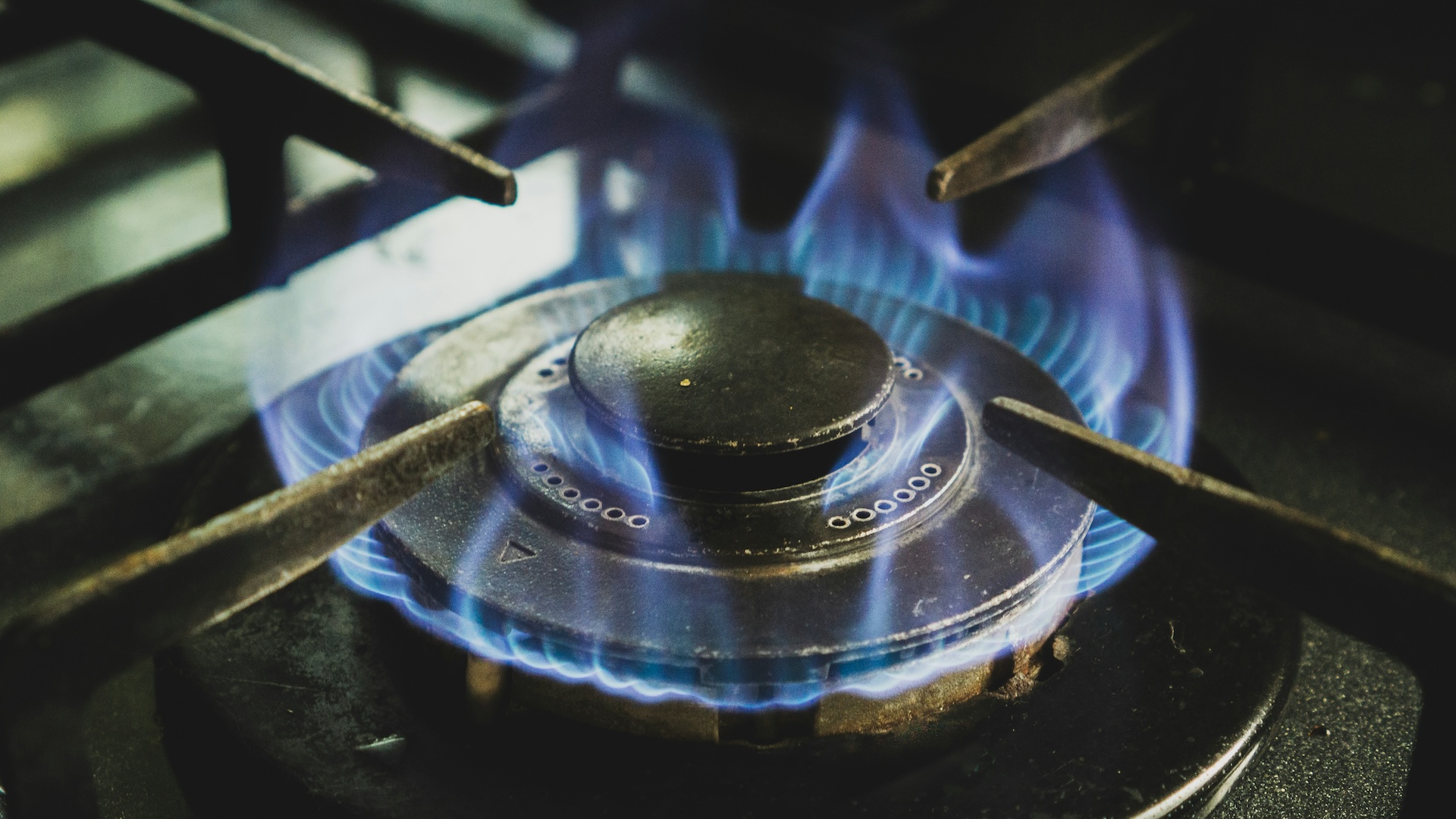New analysis from charity Friends of the Earth has found that 9.6 million UK households are living in heat-leaking, poorly insulated homes and have incomes below the minimum required for an acceptable standard of living.
This is dangerous for their heath and wellbeing, with cold homes doubling the risk of adults developing new mental health conditions. It also puts one in four children at risk of multiple mental health conditions.
Mike Childs, head of policy at Friends of the Earth, said: “When energy prices have been so obscenely inflated for such a long time, this announcement might seem like a good thing.
“But new analysis out today finds there’s a staggering 9.6 million households living in cold, health-threatening, heat-leaking homes which they can’t properly afford to heat given they’re on low incomes, as well as the high cost of food and housing. It’s going to take more than a minor retreat in energy prices to resolve the country’s deeply entrenched cold homes problem.”
Friends of the Earth believes that tens of billions of pounds a year would be saved in costs to the NHS by investing £6billion annually in a national insulation programme. It is also calling for urgent action to reduce poverty and address high fuel costs.
“Cold homes are also a huge blow to the UK economy through costs to the NHS, days taken off work sick from illnesses associated with cold homes, and reduced educational attainment. There is an urgent need for a bold plan to upgrade the UK’s heat-leaking homes,” Childs said.
Advertising helps fund Big Issue’s mission to end poverty
“This would save households hundreds of pounds each year on their bills and significantly reduce the societal costs of cold homes – estimated to be in the tens of billions of pounds annually. Neither of the main political parties have yet developed a plan that comes anywhere close to tackling the scourge of cold homes.”
A survey from campaign group Stop the Squeeze, carried out through YouGov, found that 61% of people wanted energy bill support from the government as a priority. That was the highest score of any policy option and twice as popular as cutting taxes on wages (29%).
Megan Davies from Stop the Squeeze said: “The fact that the public appetite for energy bill support is rising, not falling, should be a wake up call to the government that the cost of living crisis is far from over.
“Any fall in the price cap is of course welcome, but it is no substitute for the structural reform to the energy market that is needed to guarantee more affordable clean power into the future. This Budget could be the government’s last opportunity before the election to listen to the public and show they are serious about taking action on energy bills.”
Households are still struggling in record levels of debt, with over three million households owing money to their energy firm. Meanwhile, the government is set to scale back its cost of living support including the household support fund, which helps councils support their most vulnerable residents with essential costs, and cost of living payments.
Richard Lane, chief client officer at StepChange Debt Charity, said:“Considering two years of sky high rents, rising mortgage rates and food inflation, the picture is still incredibly difficult for millions of households, and the prospect of repaying energy debt while keeping on top of everyday essentials is simply insurmountable for many.”
Advertising helps fund Big Issue’s mission to end poverty
Over the course of last year, the average amount of energy arrears per StepChange client deepened by 27% from an “already-staggering” £1,608 in January 2023 to £2,050 in December 2023.
Lane added: “The government should continue support for low income households, as headline indicators like the price cap and inflation falling don’t reflect the reality for many of those struggling with energy costs. The upcoming Spring Budget is a crucial opportunity to help households move out of the red and onto a more sustainable footing.
“We need to see the household support fund extended, which provides essential crisis support, alongside funding to write off energy arrears for those who cannot afford to pay. This should be followed by the introduction of a social tariff for energy as soon as possible to stop unaffordable bills driving debt among struggling households.”
Find out where to get help to pay your energy bills hereand more cost of living help here.
Do you have a story to tell or opinions to share about this? We want to hear from you. Get in touch and tell us more.









